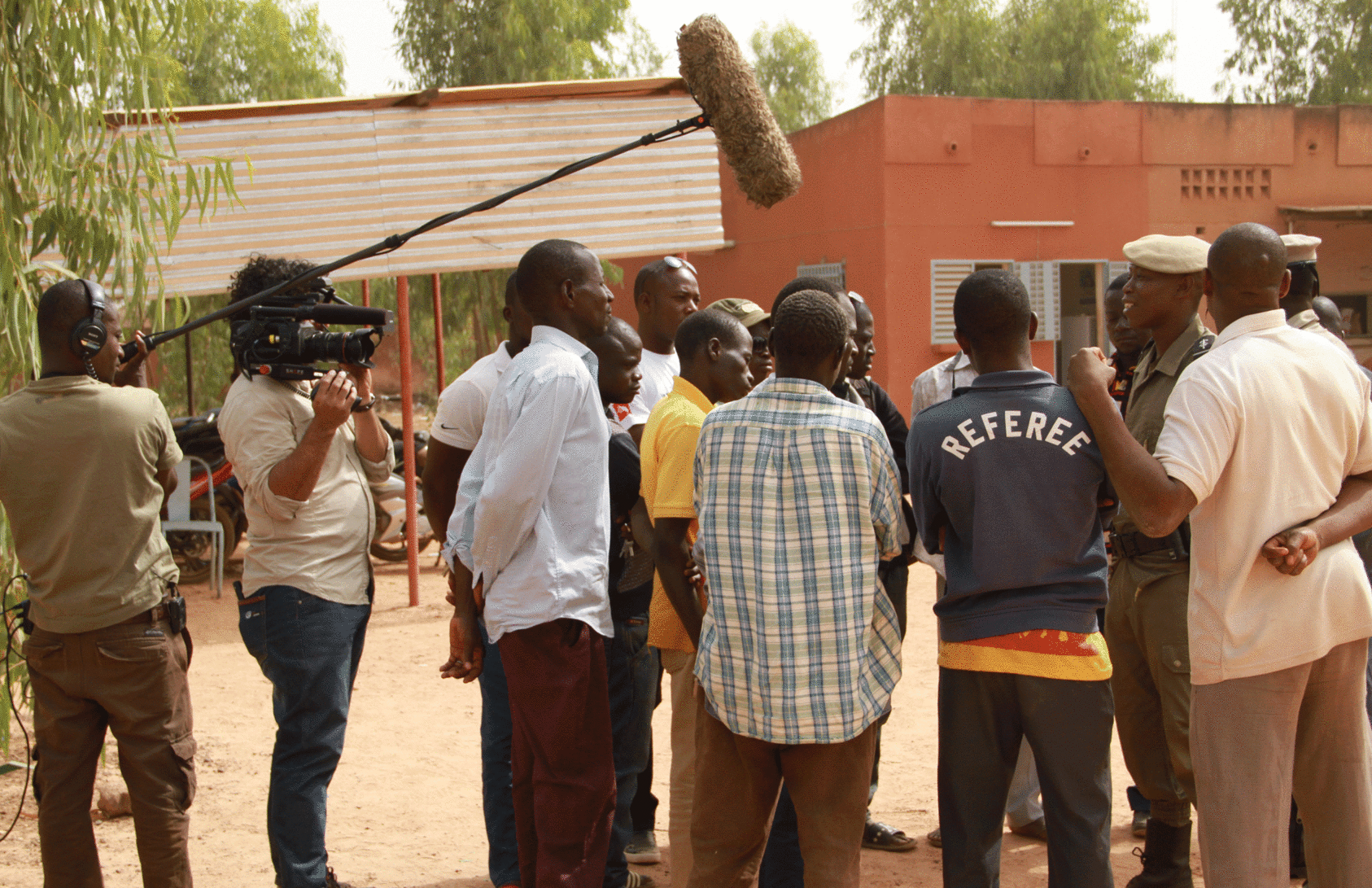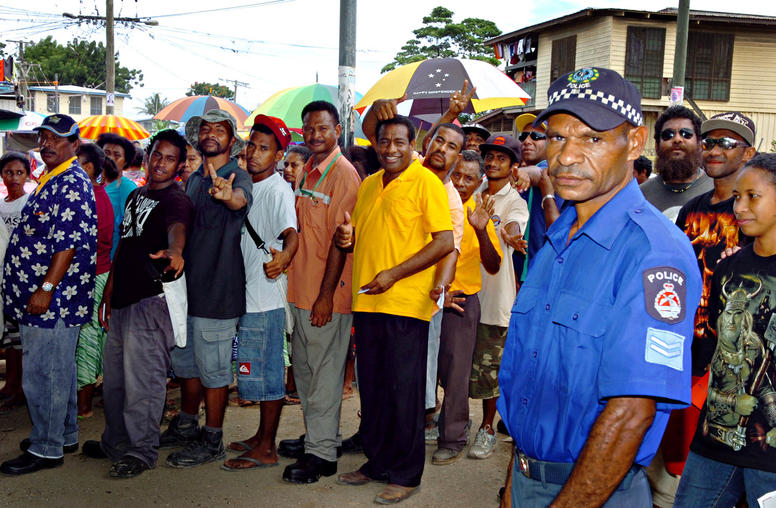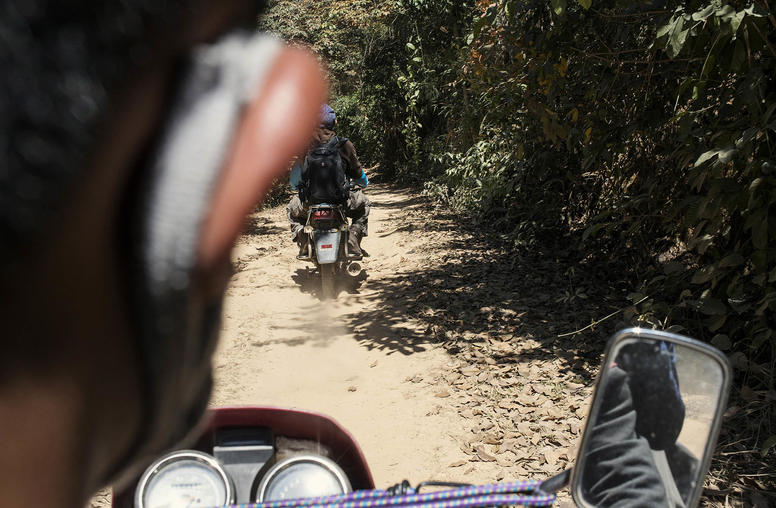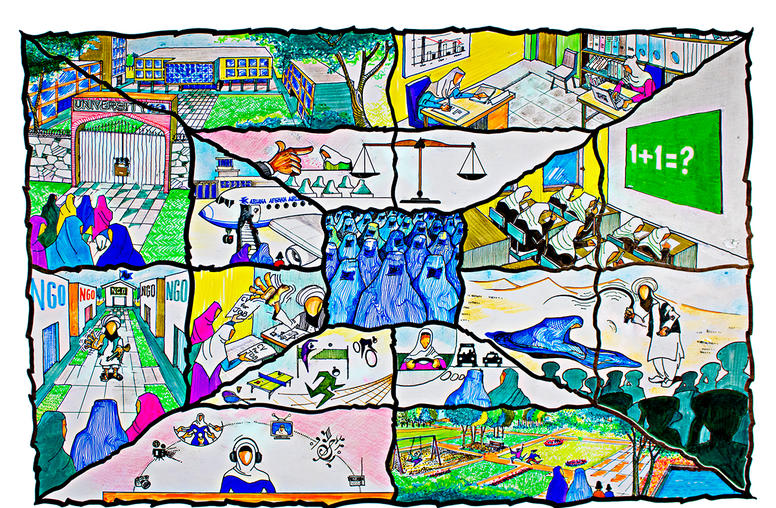A Sahel Community Confronts Security Threats: Film Premiere
USIP and AFI DOCS Film Festival Present 'Saaba,’ a Documentary Series, with a Panel Discussion
The recent killing of four U.S. Army Special Forces soldiers in Niger as they were training local troops, as well as an August attack that claimed the lives of 18 people in Burkina Faso, highlight the extremist violence and other security threats facing communities in the Sahel region of Africa. On October 25, the U.S. Institute of Peace and the AFI DOCS Film Festival hosted the world premiere of a six-part documentary that traces the personal stories of residents and police who are cooperating with each other to improve security in their community on the region’s frontlines. (View the film trailer.)

The film, called “Saaba” after the name of the area where the action takes place, chronicles a USIP initiative to build trust and reduce tensions among citizens, police, local authorities and informal security groups outside Ouagadougou, the capital of the West African country of Burkina Faso.
Award-winning filmmakers from Meridian Hill Pictures (“City of Trees” and “The Messy Truth”) and Big Mouth Productions (“Cameraperson” and “E-Team” ) documented the project as it unfolded. The series offers a view of peacebuilding from the perspective of five community members, such as a local police officer and a children’s rights activist, as they participate in the USIP-designed Justice and Security Dialogue process. The film tracks how they work to develop resilience to a range of security problems, including the mounting violent extremism in the region.
Following the screening, the filmmakers and professionals from Burkina Faso working on the initiative joined a panel to discuss the issues and the approach.
Continue the conversation on Twitter with #SaabaFilm.
Speakers
Nancy Lindborg, Opening Remarks
President, United States Institute of Peace
Philippe Leroux-Martin, Moderator
Director, Rule of Law, Justice and Security, United States Institute of Pace
Brandon Kramer
Director, Meridian Hill Pictures
Lance Kramer
Producer, Meridian Hill Pictures
Ena Dion
Senior Program Officer, United States Institute of Peace
Susan Stigant
Director, Africa Programs, United States Institute of Peace
Sandrine Nama
Country Officer, Burkina Faso, Justice, Security, Dialogue, United States Institute of Peace
Idrissa Barry
Balai Citoyen, Burkina Faso



